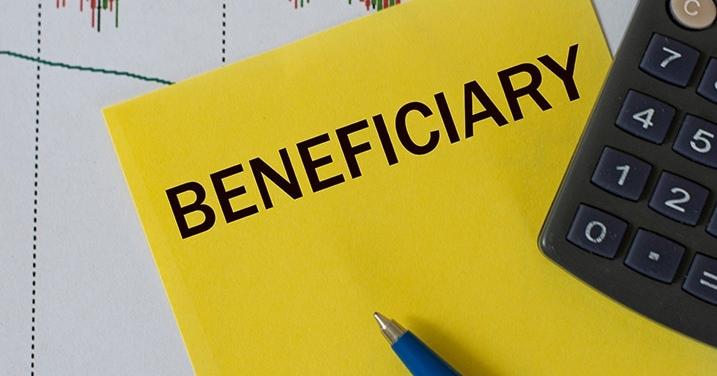Distributing the assets from the estate to the beneficiaries is significant in Canada. So, what happens if beneficiary refuses to sign release?
In the signing process, beneficiaries acknowledge their agreement to receive their designated inheritance by signing a release.
Also, they renounce any potential legal claims or challenges to the distribution by doing this. But beneficiaries often suffer from anxiety after being asked to sign a release. Why is that?
If you are looking for the answer, this blog will enlighten you! Here is everything you need to know about the requirement of the sign of the beneficiary in Canadian wills and estate cases.
What is the Purpose of the Beneficiaries?
The primary purpose of obtaining a beneficiary’s release is to provide a clear path for the distribution of assets. You may know that when someone dies, the court distributes their assets according to their will.
According to Canadian law, if they do not have a will, the people who inherit the assets are called beneficiaries. Later in this blog, we will discuss what happens if a beneficiary refuses to sign a release.
But the basic comes first!
What is a Release?
A release is a document that gives up any legal claims the “releasee” may have against another “releaser.” In estate administration, a release is typically signed by a beneficiary in exchange for receiving their inheritance.
By signing a release, the beneficiary agrees to give up any right to sue the executor for any omissions made in the administration of the estate. This includes claims for breach of trust, negligence, or intentional wrongdoing.
When is a Release Required?
An executor is not legally required to ask a beneficiary to sign a release. However, many executors do so to protect themselves from potential liability.
In the following circumstances, the executor may be more likely to ask a beneficiary to sign a release.
- The beneficiary is a minor or someone with a disability.
- The beneficiary is not a close family member of the deceased.
- There is any potential for conflict between the beneficiary and the executor.
What Does a Release Give Up?
A release typically waives all claims that the beneficiary may have against the executor, including:
- Claims for breach of trust
- Claims for negligence
- Claims for intentional wrongdoing
- Claims for any other losses or damages that the beneficiary may suffer as a result of the executor’s actions or omissions
It is important to note that a release does not waive all claims against the executor. For example, a release will not waive a claim for fraud or forgery.
What is the Consequence of the Refusal of Sign by Beneficiaries?
If a beneficiary refuses to sign a release, the executor may still be able to distribute the inheritance to them. However, the executor may be required to post a bond to protect themselves from any potential liability.
In addition, the executor may also be required to obtain court approval before distributing the inheritance to the beneficiary who refused to sign the release.
Can a Beneficiary Refuse to Sign a Release?
Yes, a beneficiary can refuse to sign a release. However, by refusing to sign a release, the beneficiary may jeopardize their right to receive their inheritance.
If the executor refuses to distribute the inheritance to a beneficiary who has refused to sign a release, the beneficiary may have to go to court to get their inheritance.
Of course, this action can result in a long and expensive process.
What Can Override a Beneficiary?
If you disagree with the executor of an estate, you may be tempted to take legal action.
It is important to remember that the executor cannot change the terms of a will. The executor has a fiduciary duty to manage the estate for the benefit of the beneficiaries.
Also, the executor must communicate with the beneficiaries throughout the administration process and inform them of any legal action to override their wishes.
Here are some of the things that can override a beneficiary’s wishes
- The terms of the will
- A court orders
- A decision by the executor that is made in the best interests of the estate
If you are a beneficiary and you disagree with the executor’s actions, you should speak to an attorney to discuss your options.
Conclusion
The best way to determine whether or not you should sign a release is to speak with an experienced lawyer. A lawyer can help you understand the risks and benefits of signing a release and advise you on the best action for your situation.






